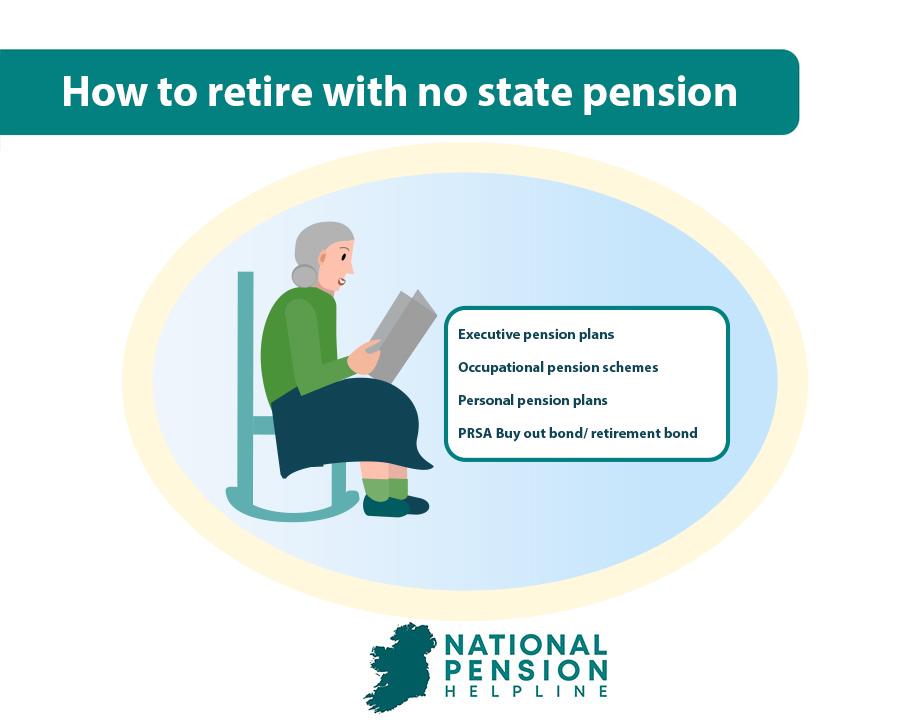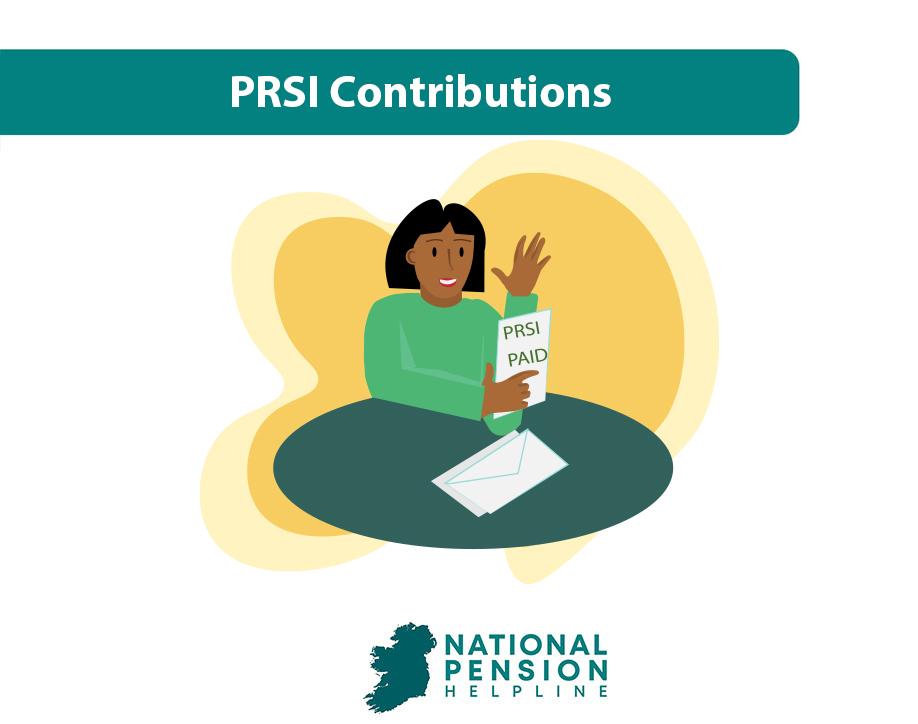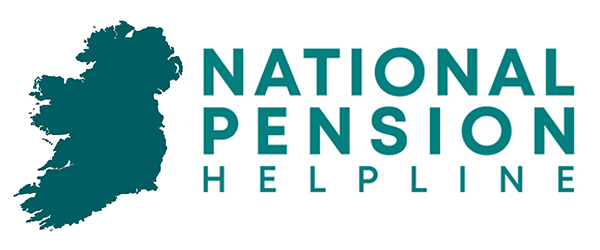The state pension (contributory) is paid from the age of 66, if you have made sufficient PRSI contributions. It is not a means tested payment so you can earn other income and still receive a state pension (contributory).
Employees in private employment pay compulsory pay related social insurance (PRSI) contributions on their income. These PRSI contributions may entitle you to a state pension (contributory).
In order to qualify for the maximum state pension (contributory), you would need to have made at least 520 contributions before retirement at 66 years old. This is equivalent to 10 years full rate contributions.
Table of Content
PRSI requirements for a state pension
In order to qualify for the maximum state pension (contributory), you would need to have paid a yearly average of 48 qualifying contributions.
In order to qualify for a minimum state pension (contributory), you would need to have paid a yearly average of 10 qualifying contributions.
However, if there are gaps in your employment or you have spent time outside the workforce as a carer or homemaker, for example, you may be eligible for a state pension (contributory) under a total contributions approach (TCA). This approach allows you to be assessed using your total contributions over your lifetime rather than a yearly average.
You may be eligible for a state pension (contributory) under the Home Caring Periods Scheme, where up to 20 years spent as a carer may be included on your social insurance record.
Pension for self-employed
If you were self employed prior to retirement, you may qualify for a state pension (contributory). PRSI contributions for self employed workers were introduced in April 1988. If you were an employee and paid PRSI during some of your working life, or if you made self employed PRSI contributions before retirement, you may qualify for a state pension (contributory).
If you do not qualify for a state pension (contributory), you may still be eligible for a non- contributory state pension which is a means tested payment. You must be resident in Ireland to qualify for a non-contributory state pension.
Eligibility for a state pension in Ireland
To be eligible to apply for a state pension (contributory) you must be
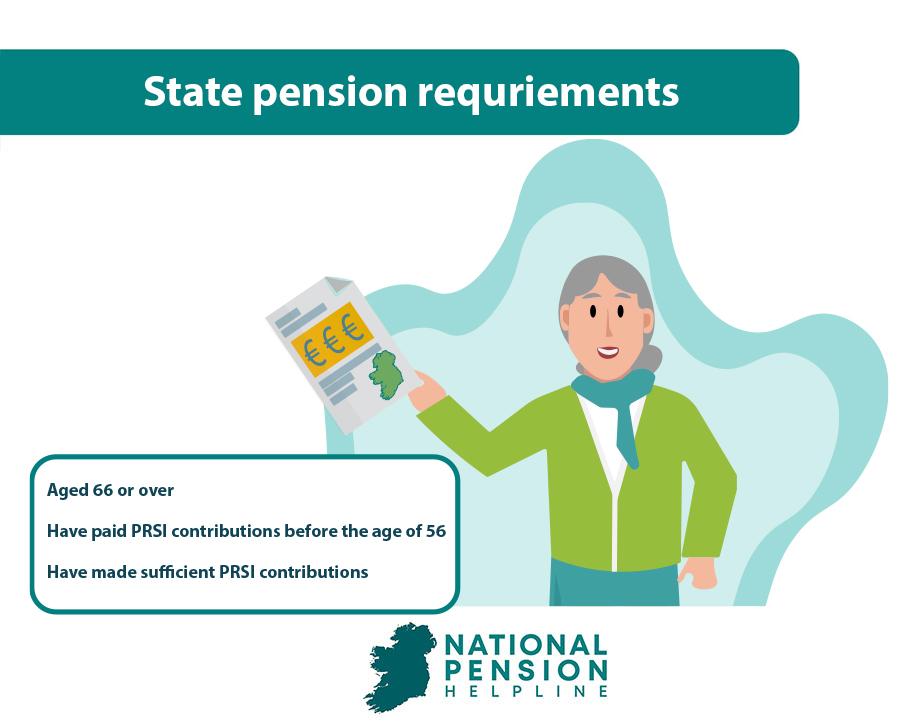
Pro-rata pensions
You may be eligible for a pro-rata pension if you have spent some of your working life in public employment and some in private employment.
Some state employees eg. teachers, guards pay PRSI at a modified rate and would not pay the full rate contributions required to qualify for a full pension.
A pro-rata pension is paid in proportion to the number of full rate contributions you have made in private employment.
If you have worked in another EU member state, you may be able to include your social insurance contributions from that country to qualify for a state pension in Ireland.
To qualify for a state pension (contributory) in Ireland you may also be able to include social insurance contributions from:
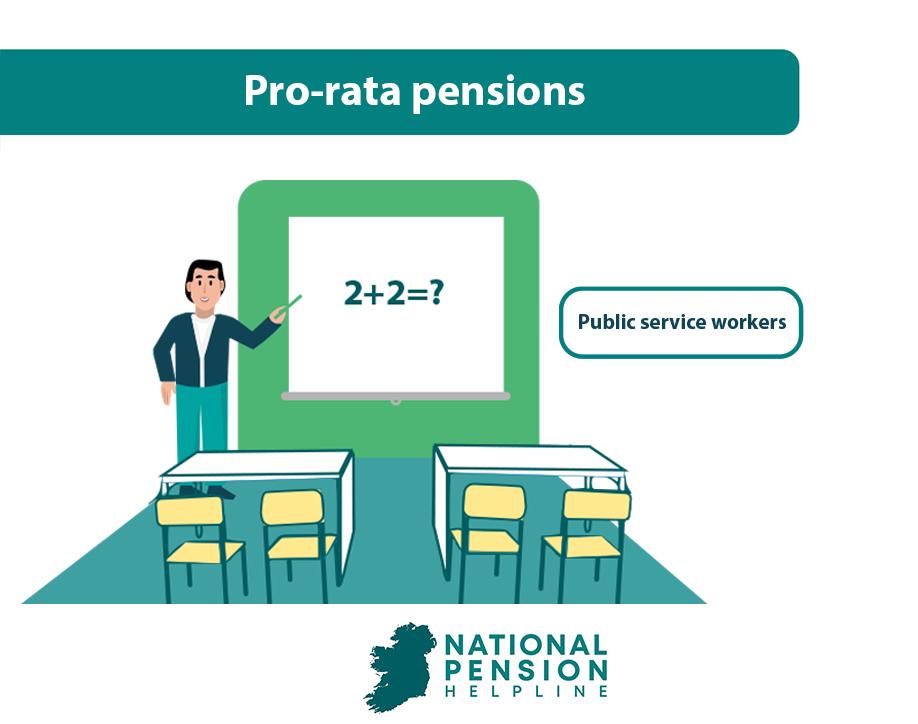
How much is the state pension?
The full rate of state pension (contributory) in 2024 is €277.30 with €184.70 qualified adult payment (under age 66) and €248.60 qualified adult payment (aged over 66). This is a weekly payment.
If you are over 80, you will receive an additional €10 per week. You may also qualify for a living alone increase of €22 per week if you live alone.
The state pension is taxable but you would probably not be liable for income tax if it is your sole income.
When can you access the state pension?
You must be aged 66 or over to access the Irish state pension, both contributory and non- contributory.
However, if you retire at age 65, you may qualify for a state Benefit Payment for 65 year olds, which is a state payment for those aged between 65 and 66.
What to do if you don’t have enough PRSI contributions?
The rules around PRSI contributions are complex so it is worth applying for a state pension (contributory), including all previous employment (and time spent homemaking/ caring) and outlining your circumstances as you may be eligible in many circumstances.
You may be eligible for the state pension (non- contributory), depending on your situation. This is a means tested payment so you may not qualify for this payment if you have other income. You must be resident in Ireland and satisfy the Habitual Residence Condition in order to receive a non-contributory state pension.
In terms of private pension arrangements, there are four types of private pension
